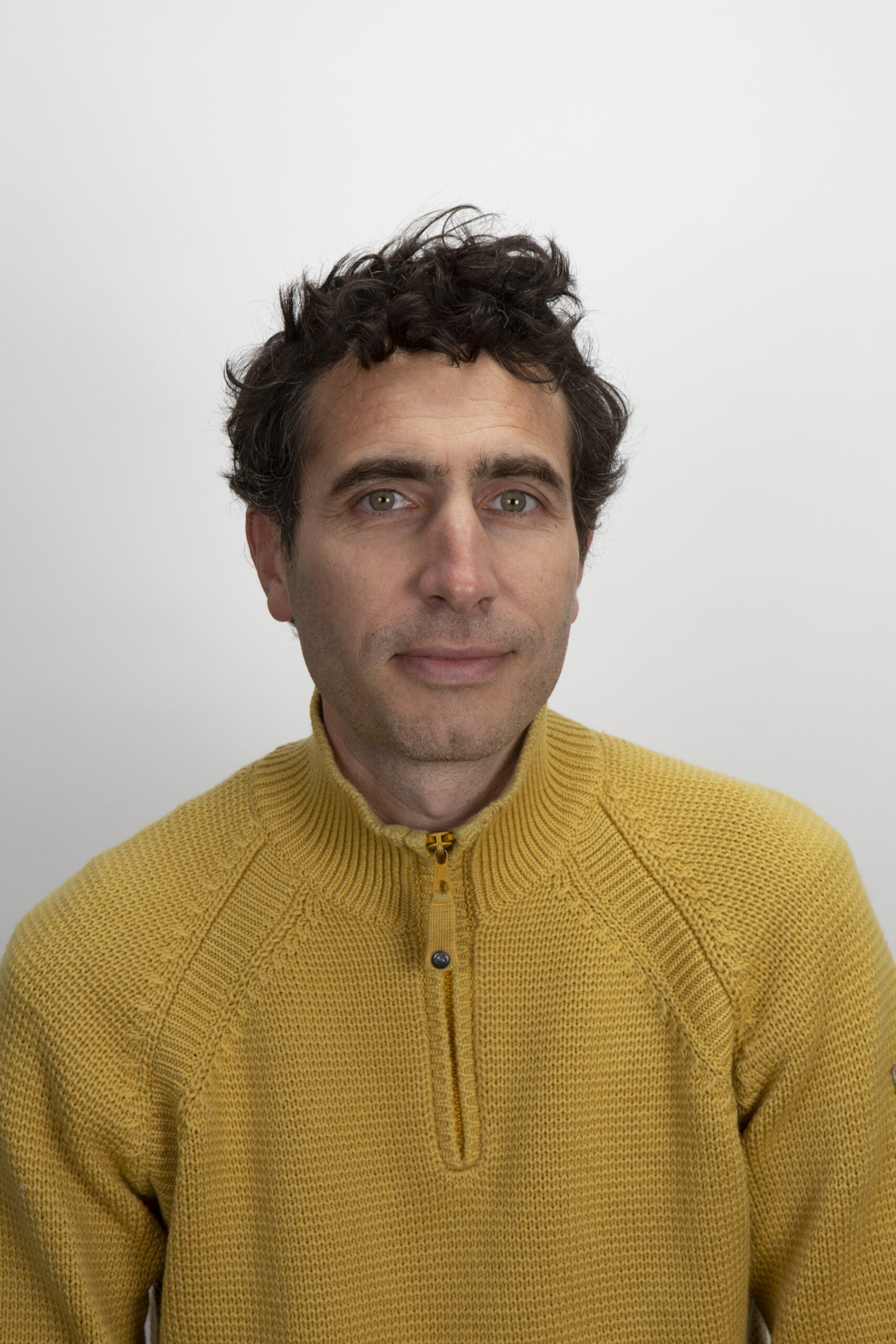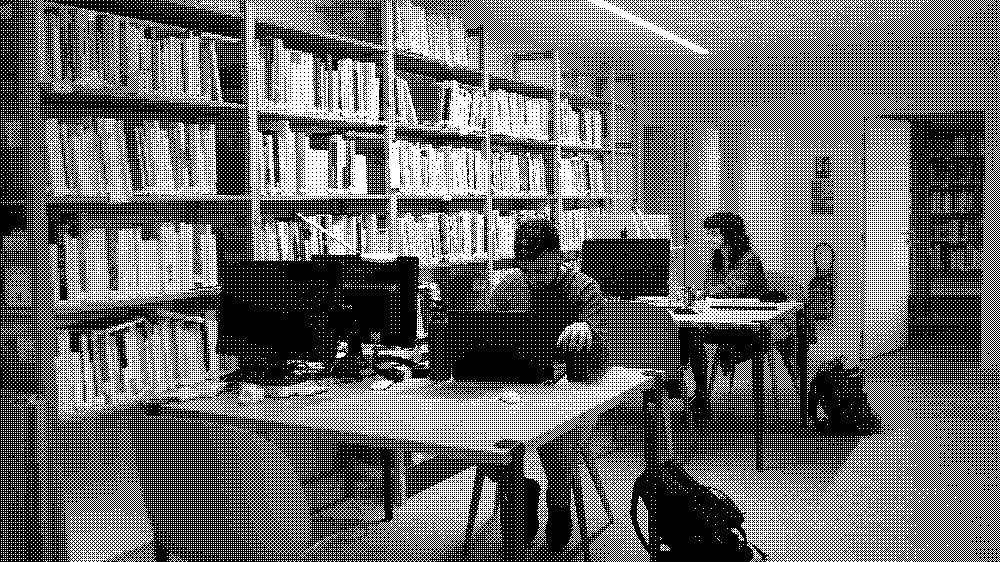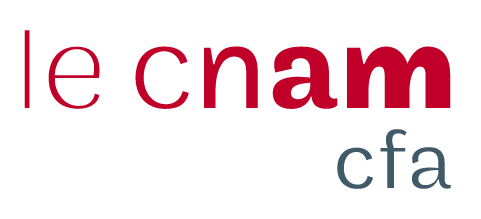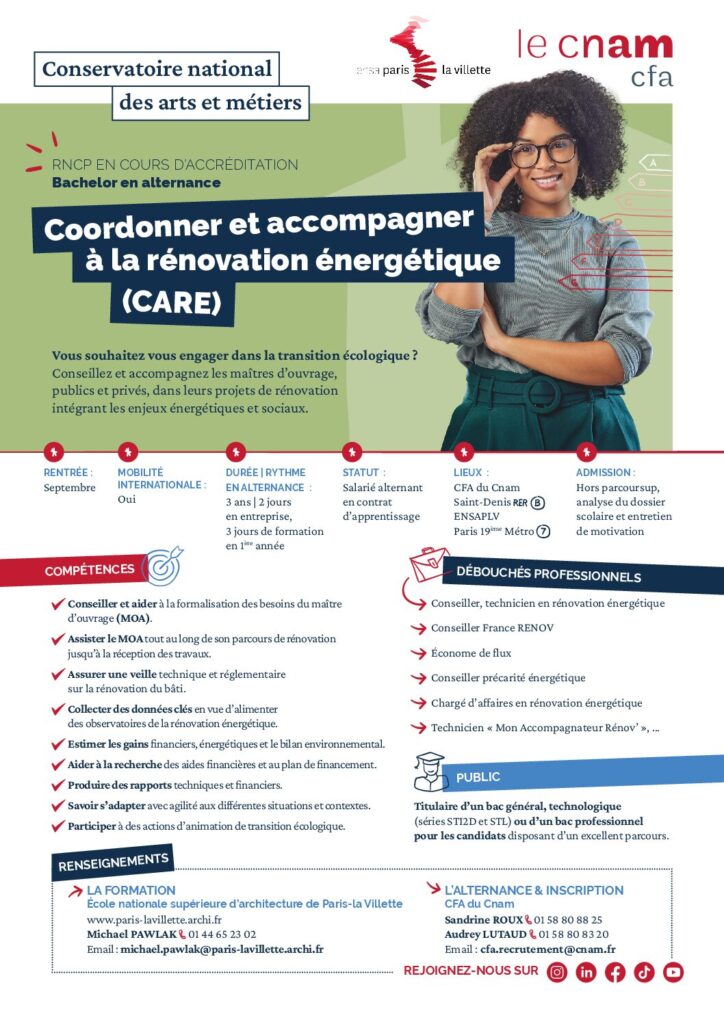NEW TRAINING: OPENING SEPTEMBER 2026
The course offered by the École nationale supérieure d’architecture de Paris-la Villette (ENSAPLV) in conjunction with the CFA of the Conservatoire national des arts et métiers (CNAM) provides students with a new bac+3 diploma tailored to the needs of professionals involved in the renovation of existing buildings, in light of the challenges of energy renovation and the imperatives of ecological and social transition.
Thanks to its work-study format and adapted teaching methods, the training program aims to acquire core disciplinary skills and “business” skills, as well as cross-disciplinary skills.
The aim is to promote student success and support their professional integration.
The program is open to holders of a general baccalaureate, a technological baccalaureate (STI2D and STL series) or a vocational baccalaureate for candidates with an excellent track record.
For the start of the 2026 academic year, recruitment is carried out via Parcoursup.
Selection is based on an analysis of the candidate’s academic record (CV, covering letter, 1st and 12th year report cards, national identity card or valid residence permit) and a motivational interview.
Students sign an apprenticeship contract, which covers their tuition fees and entitles them to a salary.
The course is structured as a progressive, coherent program designed to train technicians in energy renovation, specializing in existing buildings.
It is a three-year sandwich course, with a total of 1,799 hours and 180 ECTS credits. On-the-job training is carried out throughout the program and accounts for 60% of training: 2 days on-the-job, 3 days in training (year 1) / 3 days on-the-job, 2 days in training (years 2 and 3).
Schooling is organized around courses at ENSAPLV and the CNAM CFA in La Plaine Saint-Denis, alternating with work experience.
To round off their studies, students can take part in an assignment abroad or on a training site if their personal project justifies it.
Classes of 20 learners are trained.
The aim of the training program is to train professionals with the profile of both technician and coordinator.
Alternating project-based teaching methods and more theoretical learning reinforced by contributions from professionals, the teaching content is structured in the form of a progressive and coherent pathway to train energy renovation advisors, specialized in existing buildings.
The course is designed to enable students to acquire skills in three areas of expertise: technical (architectural and energy-related), social and territorial, which are essential for coordinating and supporting the energy and environmental renovation of existing buildings.
Throughout the course, the learner acquires a triple ability:
- Understanding the constructive and energetic dimensions of buildings;
- Understand the different uses of buildings in relation to the socio-economic situations of users;
- Understand and analyze the context of the renovation project.
On the job, the apprentice puts these many technical and cross-disciplinary skills to good use. They take part in all stages of the project: helping to formalize the client’s needs, assisting in the choice of work and contractors, helping to find financing right through to project completion and, finally, taking charge of the renovated building.
In addition, thanks to their autonomy and curiosity, they acquire the ability to keep abreast of technical, legal and financial developments, regularly updating their knowledge and adapting with agility to the different situations and contexts they encounter.
The building sector accounts for 44% of final energy consumption in France, and 23% of national greenhouse gas emissions. Renovation of existing buildings is therefore imperative if we are to reconcile environmental, social and economic challenges and move towards carbon neutrality by 2050. It does, however, require greater coordination between the many players involved in renovation and construction, in close liaison with the specific characteristics of each region. The diagnosis of jobs, trades and skills requirements up to 2030, carried out by ADEME and Alliance Ville Emploi, confirms the need to develop “interface” trades (twice as many as at present) for the energy renovation of buildings. At the same time, historic public energy service structures (ALECs, local authorities, ANAH operators, etc.) and construction companies are finding it increasingly difficult to recruit and retain their staff, resulting in a loss of skills within their structures.
In this context, the aim of the training program is to meet the needs of technicians capable of coordinating and supporting the implementation of public energy renovation objectives for existing buildings (residential and small tertiary). Equipped with cross-disciplinary skills acquired throughout their training, their highly operational profiles give them real mastery of the technical, administrative and financial aspects required to meet the missions expected of the emerging profession of “energy renovation project manager technician” identified by France Compétences. The CARE technician will be able to work as a France RENOV advisor, a flow economist or an energy precariousness advisor, among others.
Passage to the next year is conditional upon validation of the required UEs and credits.
On completion of the course, the diploma is awarded on condition that all credits have been acquired or validated, on the basis of continuous assessment and the professional dissertation.
Successful completion of the course leads to the award of a Technicien, coordinateur et accompagnateur à la rénovation énergétique (CARE) diploma.
This qualification confers the grade de licence, an international benchmark and a prerequisite for further study at engineering school or master’s level.
Partners
Resource
Contact
Access the contact directory Department for the organization of training, schooling and student lifeFlanders site - Office 6 - Esc. 1A, 3rd floor 01 44 65 23 21michael.pawlak@paris-lavillette.archi.fr
Department for the organization of training, schooling and student lifeFlanders site - Office 6 - Esc. 1A, 3rd floor 01 44 65 23 21michael.pawlak@paris-lavillette.archi.frMichaël Pawlak
Pedagogical manager for new university coursesPost-master's, continuing education and professional training



